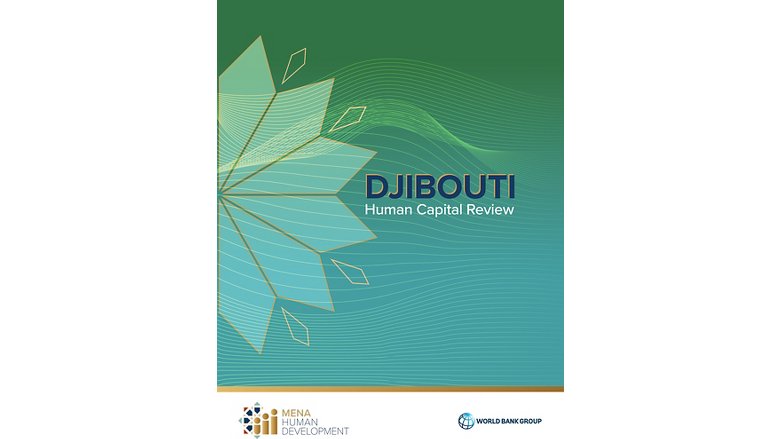Based on a Human Capital Index (HCI) simulation, it is projected that a Djiboutian born in 2022 will achieve only 41 percent (HCI of 0.41) of their full human capital potential by the age of 18. This means that 59 percent of talent in Djibouti remains untapped, highlighting a missed opportunity to enhance productivity and exploit human capital as a vehicle for growth and development. Dividing Djibouti��s HCI into its three components (child survival, education, health) shows that poor child survival and learning outcomes are the main drivers of the score. Increasing investment in the early years is the best investment Djibouti can make in building its human capital and laying the foundations for the future well-being and productivity of its children and citizens. Early childhood development (ECD) interventions in Djibouti are in their early stages but are expanding and can be catalyzed through incremental increases in financing to increase access, coverage, and quality of essential services for families with young children and improve ECD outcomes. The adolescent years also present an opportunity for increasing human capital accumulation and use. This is a critical period during which interventions and investments in adolescent girls could harness this potential and yield higher returns on investments. Human capital is a key determinant of labor productivity and plays an essential role in determining a country��s long-term development path. Djibouti must move toward a more-competitive, productivity-fueled economy.
- (The Full Report in a PDF Format)
